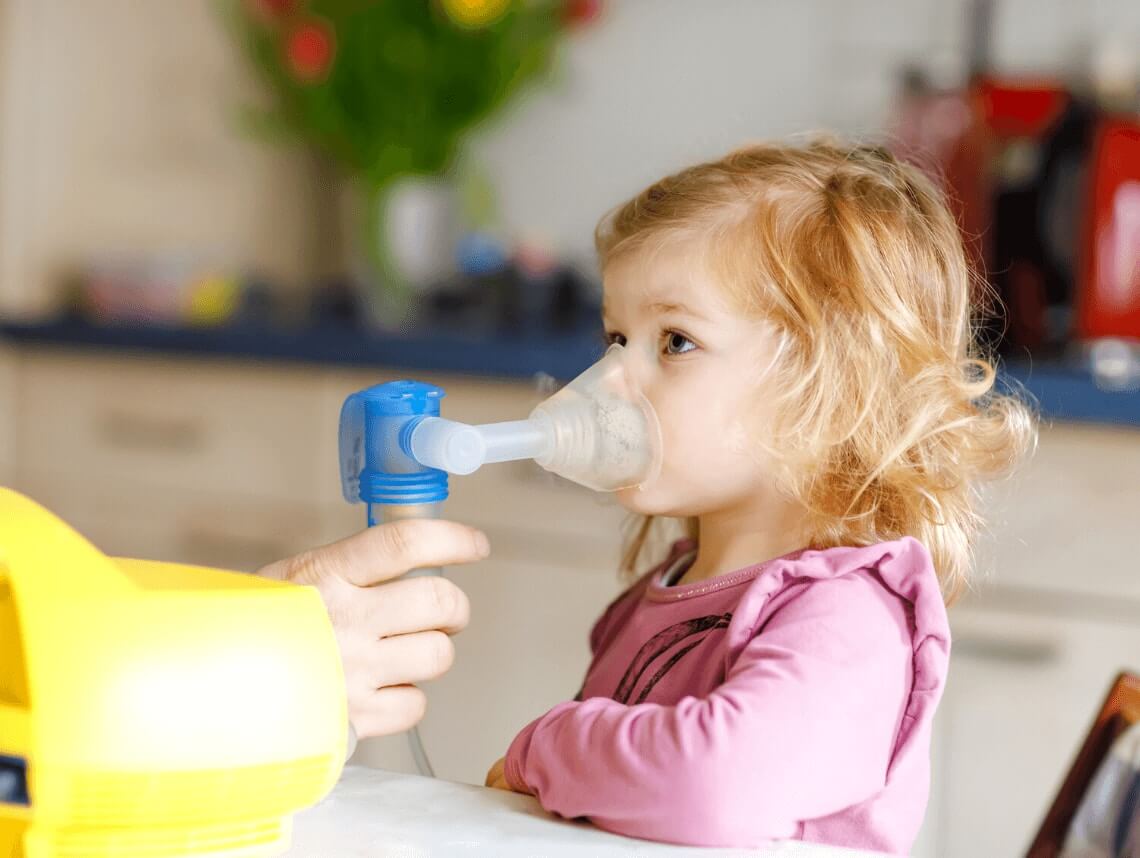Your DNA makes up the chemical buildup of your entire existence. It’s like strings of genetic code in the smallest atoms of your body. It determines your hair and eye color, facial features, and other physical characteristics, but the slightest change to your DNA can make a significant impact. Thus is the case with genetic disorders.
Genetic disorders occur when there are gene abnormalities – including gene mutations or an additional chromosome. While genetic disorders are uncommon, some abnormalities occur more often than others.
The 7 Most Common Genetic Disorders in Babies
1. Down Syndrome
When the 21st chromosome is copied an extra time in all or some cells, the result is Down syndrome – also known as trisomy 21. In the US, this occurs in about one out of every 700 babies. While most people with Down syndrome can live normal lives, they may experience some symptoms, including:
- Physical growth
- Characteristic facial features
- Mild to moderate intellectual disability
2. Cystic Fibrosis
Inherited when both parents contain the cystic fibrosis gene, the genetic disorder causes patients to produce thick and sticky mucus – inhibiting their respiratory, digestive, and reproductive systems. More than 30,000 people nationwide have cystic fibrosis, and their symptoms may include:
- Very salty-tasting skin
- Persistent cough
- Frequent lung infections – like pneumonia or bronchitis
- Wheezing or shortness of breath
- Poor growth or weight gain
- Frequent greasy, bulky stools
- Difficulty making bowel movements
- Male infertility
3. Thalassemia
Part of a hereditary genetic condition, thalassemia limits the amount of hemoglobin an individual can naturally produce. There are two types of thalassemia based on which oxygen-carrying protein in the red blood cells is lacking – alpha and beta. About 100,000 babies are born each year with the genetic disorder, and some of the common symptoms include:
- Severe anemia
- Fatigue
- Weakness
- Pale or yellowish skin
- Facial bone deformities
- Abdominal swelling
- Dark urine
4. Sickle Cell Anemia
Sickle cell anemia is a lifelong genetic condition passed down from both parents. It causes red blood cells to change from their usual donut shape to a sickle shape – causing them to clump together and become caught in blood vessels. Approximately 100,000 Americans are affected by the disease, with common signs including:
- Severe pain
- Frequent infections
- Organ damage
- Acute respiratory syndrome
- Swelling of hands and feet
5. Huntington’s Disease
Huntington’s disease causes certain nerve cells in the brain and central nervous system to degenerate. This causes dementia and other complications and usually doesn’t develop until the person is in their 30s and 40s. It’s estimated that one in 10,000 Americans will experience the genetic disorder. The most common symptoms include:
- Involuntary jerking
- Slow or abnormal eye movement
- Difficulty speaking or swallowing
- Lacking impulse control
- Diminished awareness of one’s own behavior and abilities
- Difficulty learning new information or processing thoughts
- Depression
- Insomnia
- Fatigue
6. Duchenne’s Muscular Dystrophy
Also known as DMD, Duchenne’s muscular dystrophy causes flaws in the gene that controls the health of muscles. The disease primarily impacts males, with one in 3,500 male births resulting in a child with the disorder. The condition impacts a child around three to six years old and causes the following symptoms:
- Difficulty rising from a lying or sitting position
- Fatigue
- Large calf muscles
- Muscle pain and stiffness
- Scoliosis
- Contractures
- Headaches
- Trouble concentrating
7. Tay-Sachs Disease
Like Down syndrome, Tay-Sachs results from a defect in the 15th chromosome. It’s typically fatal when found in children, as it gradually destroys the nervous system – resulting in death by the age of five. About every one in 27 Jews in the US is a carrier of the gene. Common symptoms include:
- Loss of motor skills
- Exaggerated reactions to loud noises
- Seizures
- Vision and hearing loss
- Muscle weakness
- Movement problems
Schedule Your Child’s Care Assessment Today
At Care Options for Kids, we understand the unique challenges of caring for a child with severe health conditions. Our dedicated team of pediatric home health care nurses is here to support your family with compassionate, expert care tailored to your child’s needs. Contact us today to schedule an assessment and learn how we can help you navigate this journey with confidence and care.
Click here to start your journey to better care.






